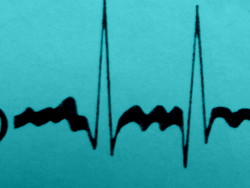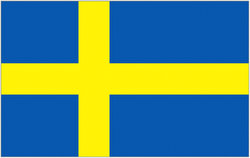Researchers have studied the effects of acupuncture for autistic children, and in particular whether scalp acupuncture may help with their language development. Twenty autistic children aged between four and seven years, were divided into two groups, and both received a nine month course of language therapy, aimed at stimulation of cognitive and verbal abilities, in order to help language impairment. In addition, one group received scalp acupuncture (treatment which makes use of some of the many acupuncture points on the scalp). Both groups showed significant improvement in cognitive and expressive language skills, but there was a markedly greater improvement in the group which had received acupuncture.
The researchers conclude that scalp acupuncture is a safe complementary modality when combined with language therapy, and has a significantly positive effect on language development in children with autism
(Scalp Acupuncture Effect on Language Development in Children with Autism: A Pilot Study. Journal of Alternative & Complementary Medicine, March 2008.)
 A review paper by American authors supports the use of acupuncture for cardiac arrhythmias. In the eight published studies they reviewed, between 87% and 100% of patients converted to normal sinus rhythm after acupuncture treatment. The limited quality of current studies however, calls for further controlled clinical trials with standardized treatment protocols, diverse patient populations, and long-term follow-up.
A review paper by American authors supports the use of acupuncture for cardiac arrhythmias. In the eight published studies they reviewed, between 87% and 100% of patients converted to normal sinus rhythm after acupuncture treatment. The limited quality of current studies however, calls for further controlled clinical trials with standardized treatment protocols, diverse patient populations, and long-term follow-up.
 Swedish researchers have looked at the effects of minimal acupuncture for colic, in babies unresponsive to conventional treatment. Forty such babies, median age six weeks, were recruited from 21 child welfare clinics and assigned to receive either acupuncture (light needling for twenty seconds at two points only), or the same care except acupuncture. The acupuncture group cried significantly less after the treatment, and exhibited a significant reduction in pain-related behaviour eg facial expression. Parents also rated acupuncture as more effective than the care received by the control group.
Swedish researchers have looked at the effects of minimal acupuncture for colic, in babies unresponsive to conventional treatment. Forty such babies, median age six weeks, were recruited from 21 child welfare clinics and assigned to receive either acupuncture (light needling for twenty seconds at two points only), or the same care except acupuncture. The acupuncture group cried significantly less after the treatment, and exhibited a significant reduction in pain-related behaviour eg facial expression. Parents also rated acupuncture as more effective than the care received by the control group.